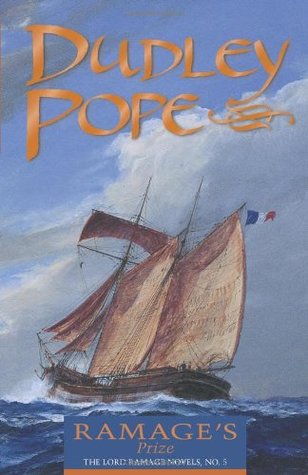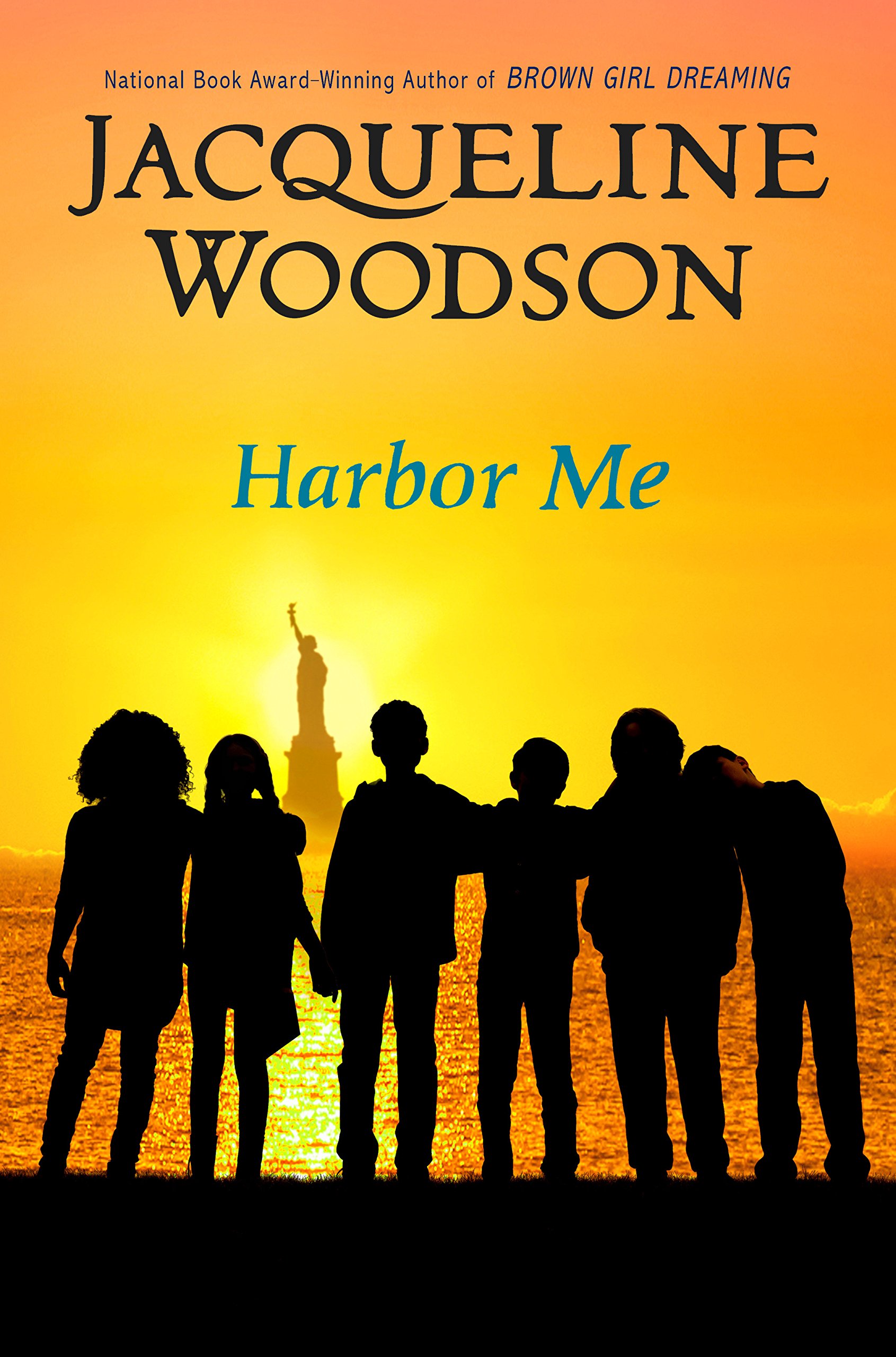[button color=”black” size=”big” link=”http://affiliates.abebooks.com/c/99844/77798/2029?u=http%3A%2F%2Fwww.abebooks.com%2Fservlet%2FSearchResults%3Fisbn%3D9780006163435″ target=”blank” ]Purchase here[/button]
This fifth book in the Lord Ramage series is partly a naval adventure novel, and partly a mystery in which the victim is the late 18th-century British Post Office. That may not exactly sound like a top recommendation in the “if you love Harry Potter” line. But look at it another way: Lieutenant Nicholas Ramage is a young wizard when it comes to commanding a fighting and sailing crew. Since his first command he has lost every ship he has been given, but that never stopped him from foiling the enemy’s plans and carrying out all-but-impossible orders.
His men love him. Women love him. You’ll probably like him too. The only people who hate him aren’t particularly likeable themselves. In this book, some of them will try to kill him. Nevertheless, he will rise from a mere passenger on a packet vessel to the commander of a naval ship, in spite of being captured by a French privateer in between. It’s all part of Ramage’s daring mission to find out why so many postal packets are getting captured lately. Communication between the British government and its fleet has all but ground to a standstill, while the General Post Office faces financially ruinous insurance claims. No one even has a plausible theory as to why the packets are dropping like flies, until Ramage does what only he would do: get captured with one of them, and then uncapture himself in time to make his report.
Ramage is joined by some of his faithful friends and followers, whom you will love almost as much as himself by this point in the series. There are his coolly efficient American coxswain Jackson, the resourceful cockney lock-picker Stafford, their friends Rossi and Maxton, the beautiful Marchesa Gianna, the Santa Claus-like sailing master Southwick, the chess-obsessed surgeon Bowen, and the friendly merchant Yorke. Together with an amusingly dull soldier and a conscience-stricken packet’s mate, these folks help Ramage through a series of wild escapades that include fraud, mutiny, hostage-taking, attempted murder, and the taking and re-taking of one small, fragile ship.
Like the previous Ramage novels, this is a book in which more happens than seems possible between two covers. Some of it is funny, some romantic, some exciting, some mysterious. Complex politics, the deft application of force, and a good deal of guile and cunning go into the recipe. And when it’s all over, you may still feel the impression of the single-paragraph Author’s Note at the beginning of the book. It’s amazing to think that the postal service in 1798 was actually twice as efficient as it is today, after over 200 years of advances!
If you ever considered reading a naval adventure or two, but didn’t know where to start, this series may be it. As an honest critic who can recognize real quality, I’ll admit that the Ramage novels don’t come up to the same level of literary craftmanship as Aubrey or Hornblower. Dudley Pope has neither the psychological penetration of C.S. Forester nor the period authenticity of Patrick O’Brian. But he writes in a very clear, straightforward, approachable style. His characters speak in a modern idiom and reflect modern attitudes that, while technically anachronistic, make them easier for today’s casual reader to understand. For example, I doubt that anyone in Ramage’s era would have thrown himself down on a sofa and said, “I feel so depressed!” But the sentiment resonates with perfect clarity in the present-day mind’s ear.
And if Ramage himself is a simpler and more idealized character than either Hornblower or Aubrey — sometimes seeming to have been cut out of the same material as the hero of a romance novel — he is also that much easier to sympathize with. To experience the long-simmering tension and explosive action of what, in my opinion, was the best and purest period of naval warfare, you can’t come by a more easy-to-read, transparently written series. Perhaps this is faint praise, but I’m not damning this book or this series. I have enjoyed them very much so far, and expect to continue enjoying them.
Recommended Age: 12+




